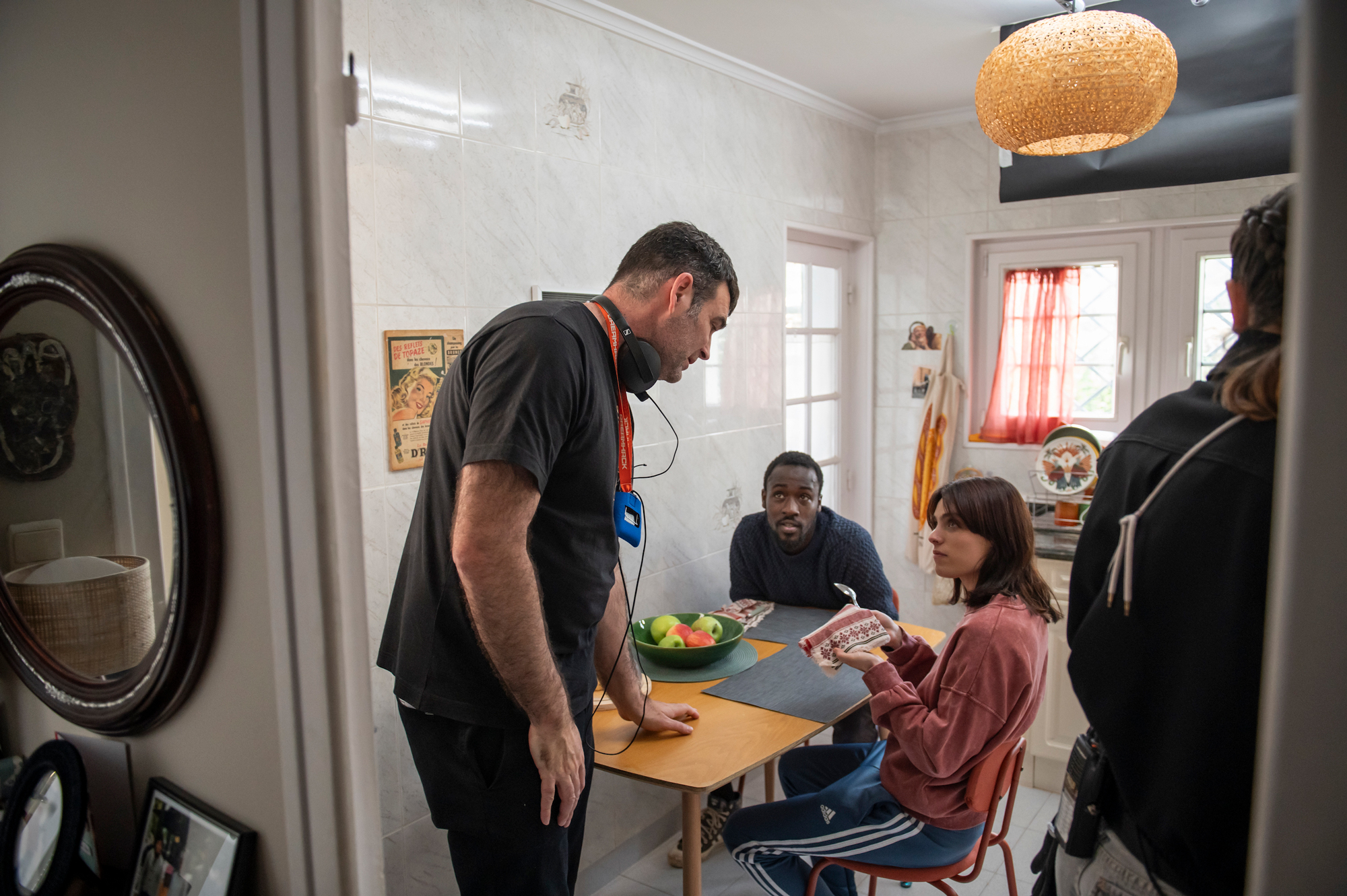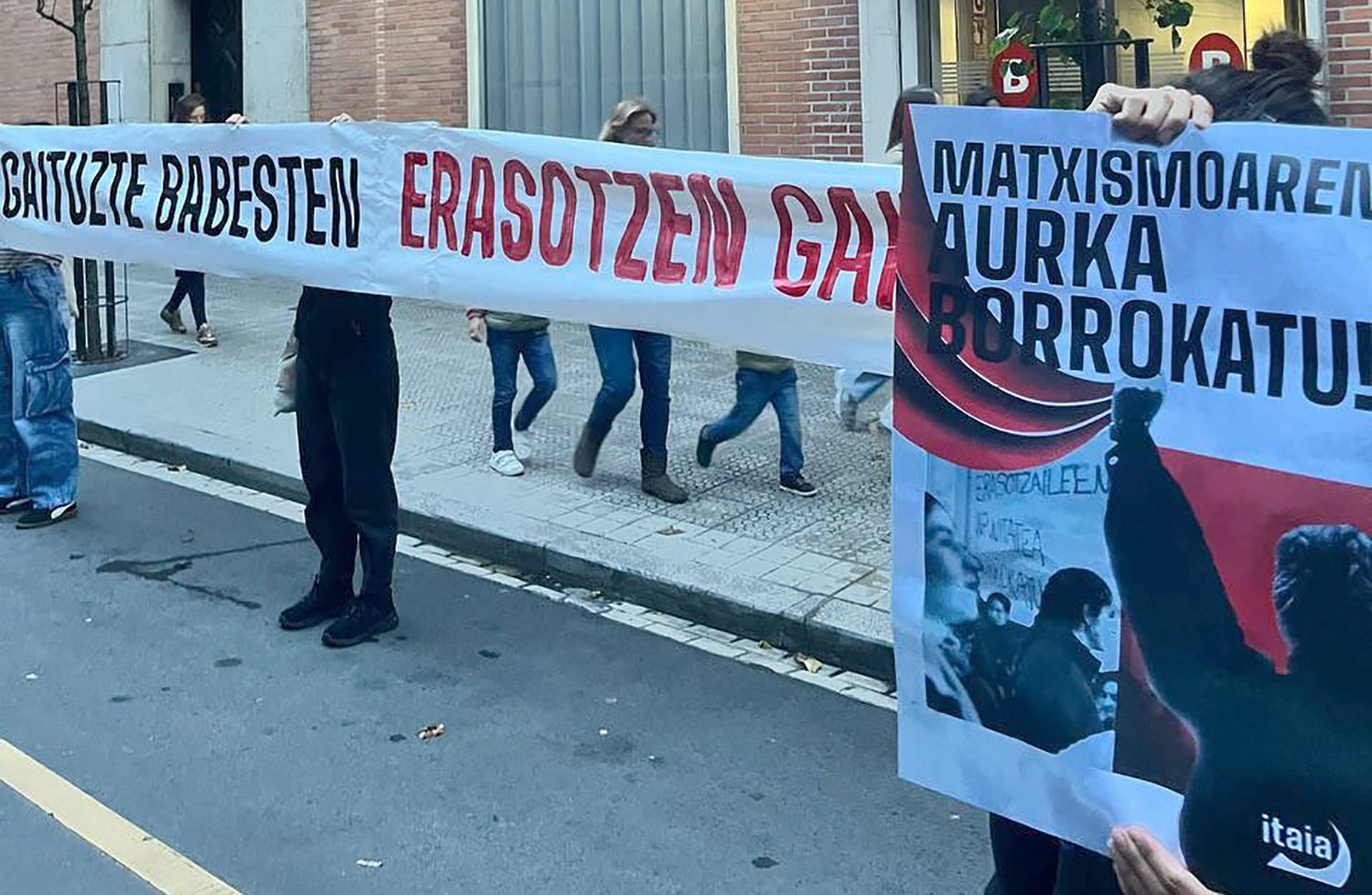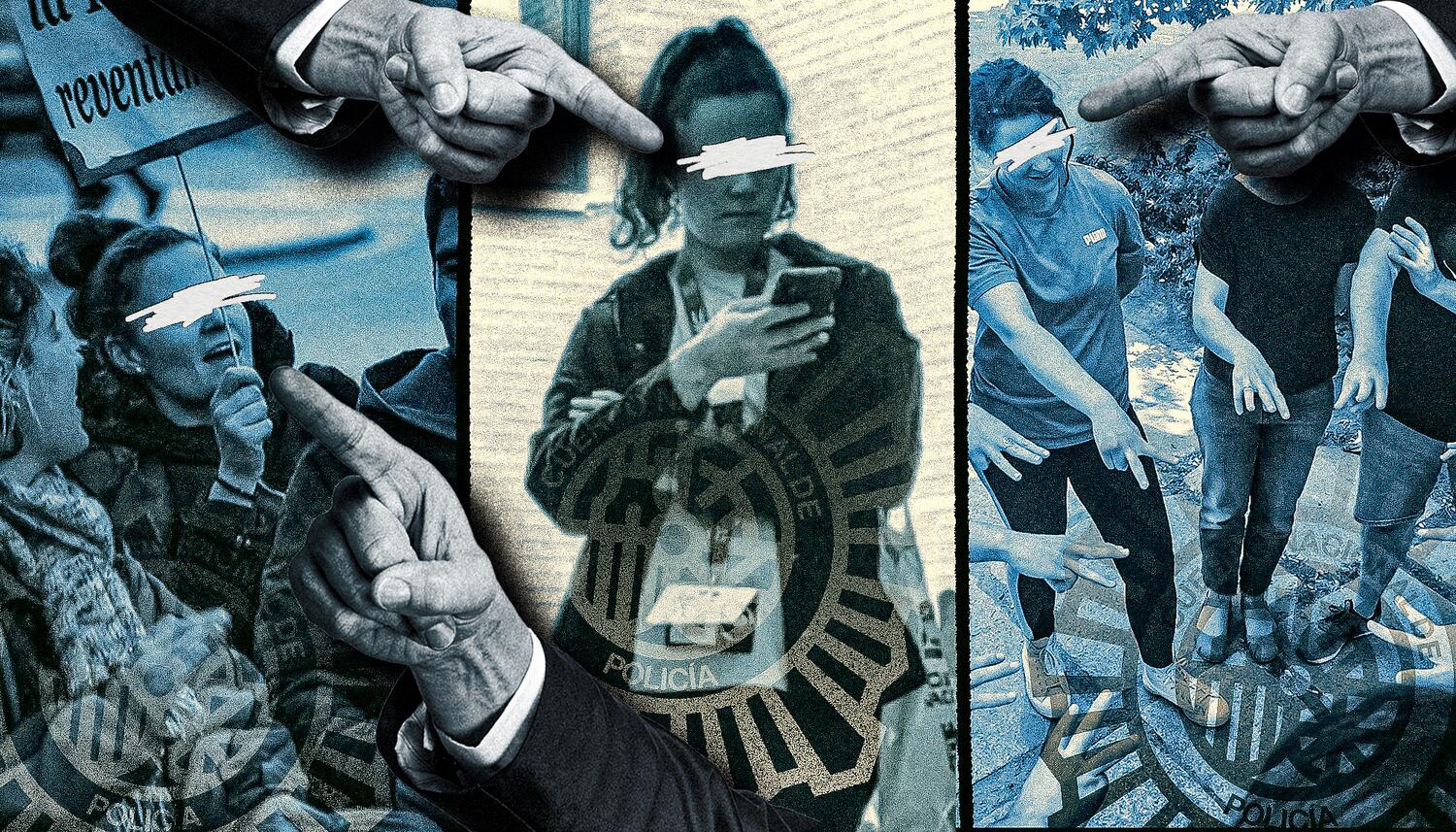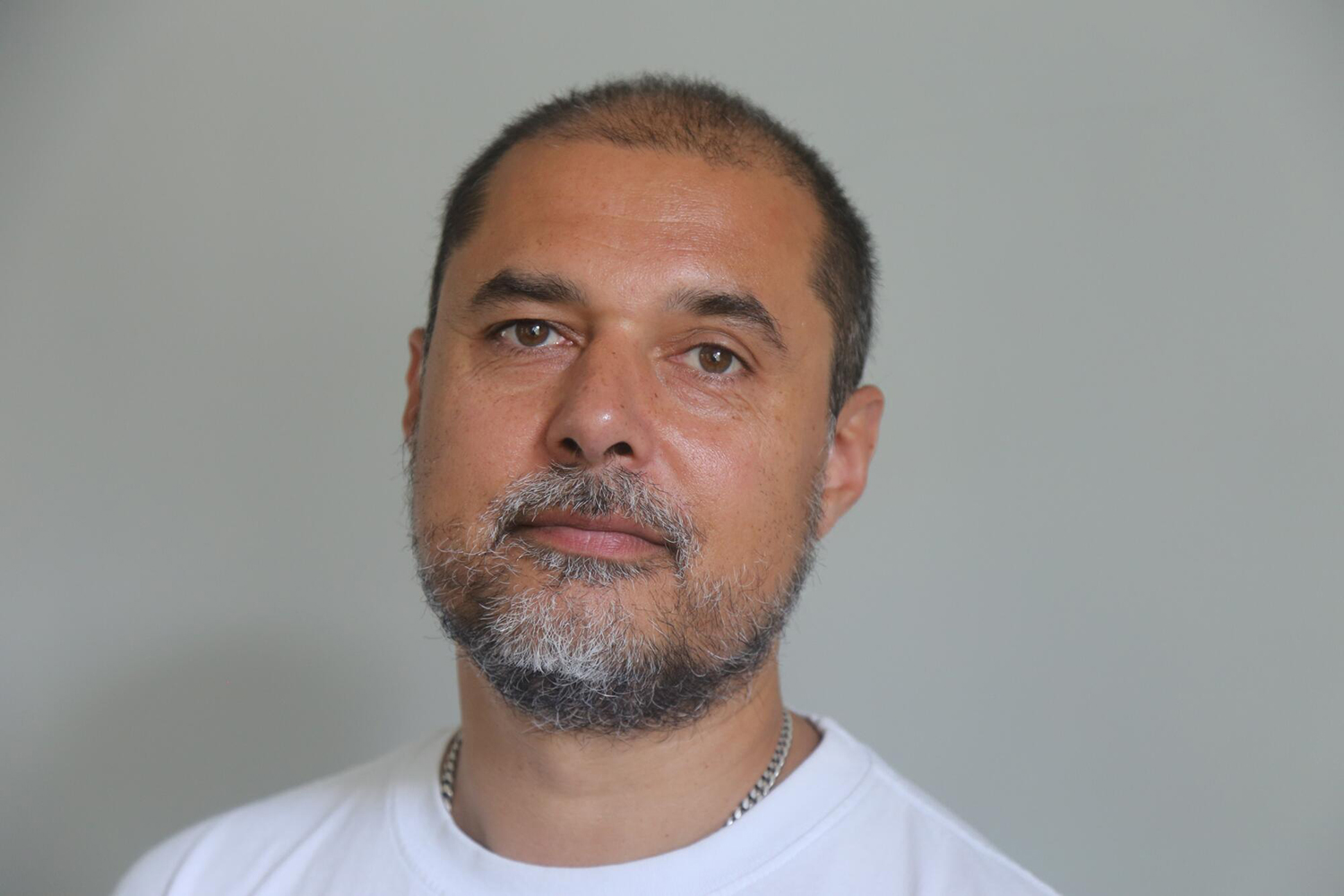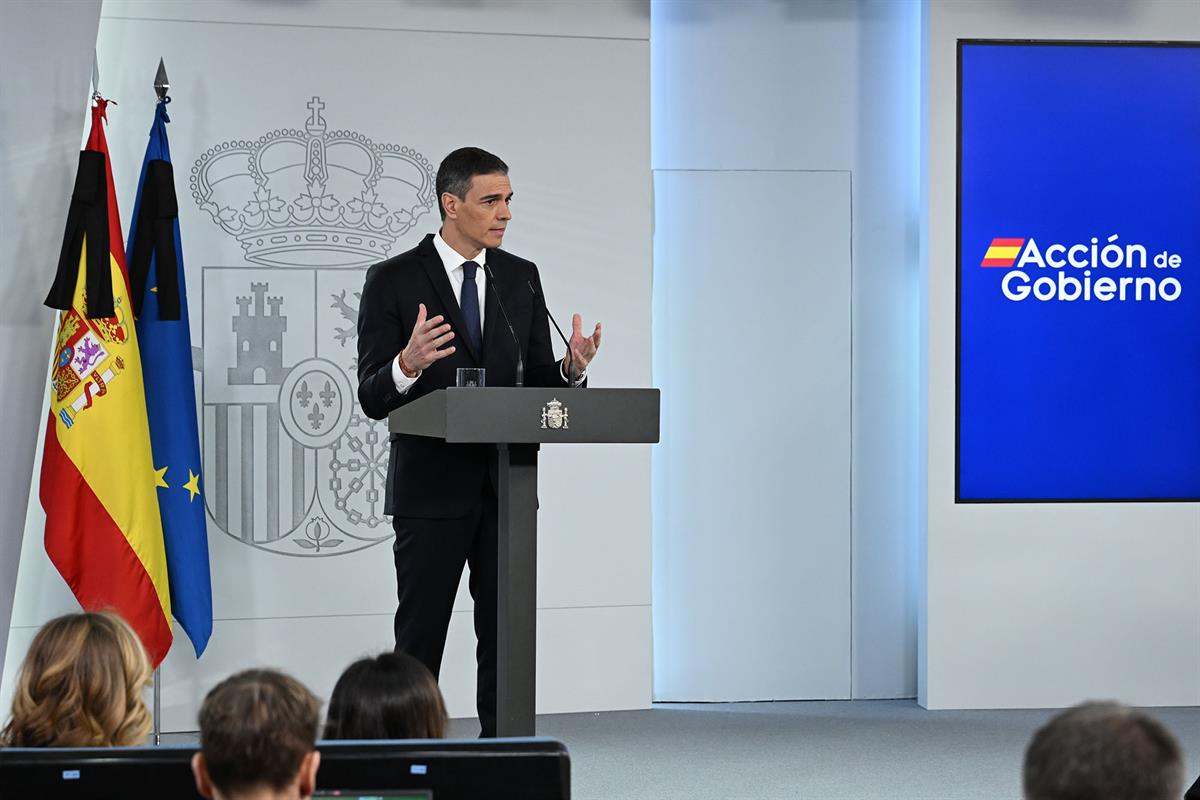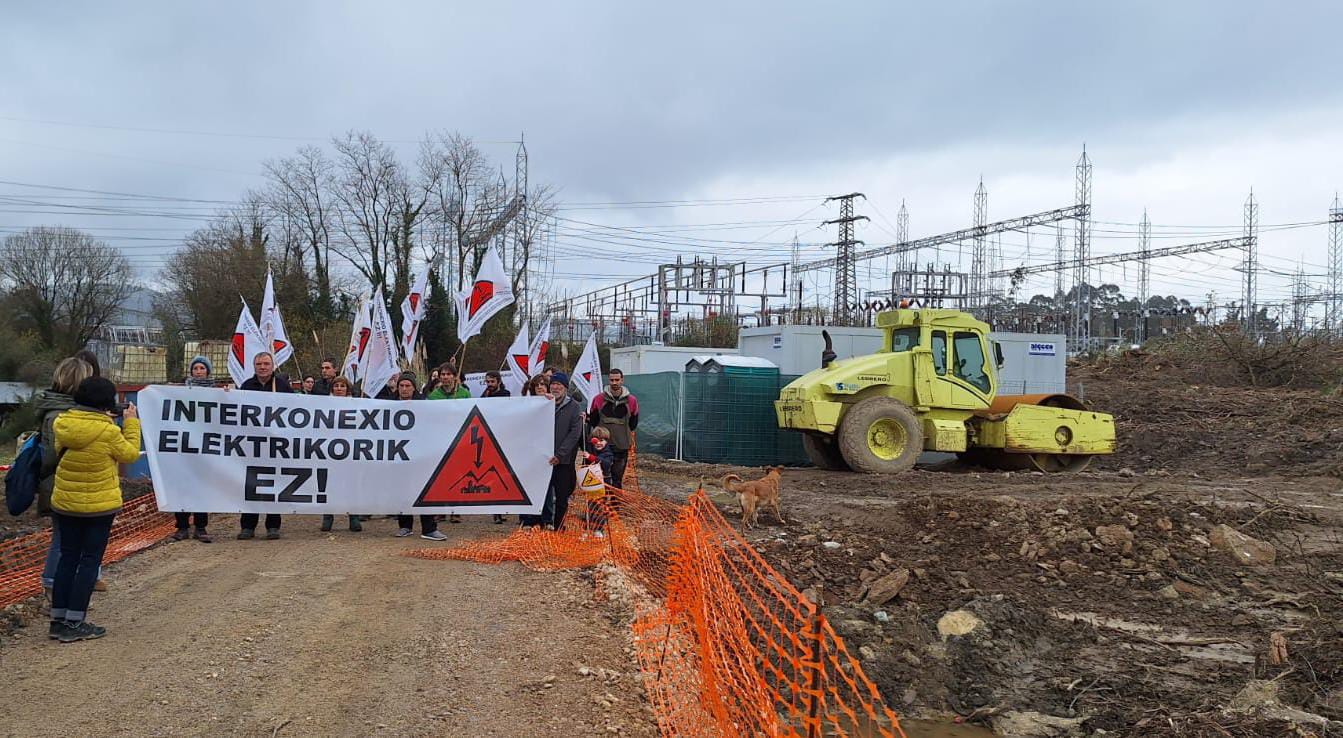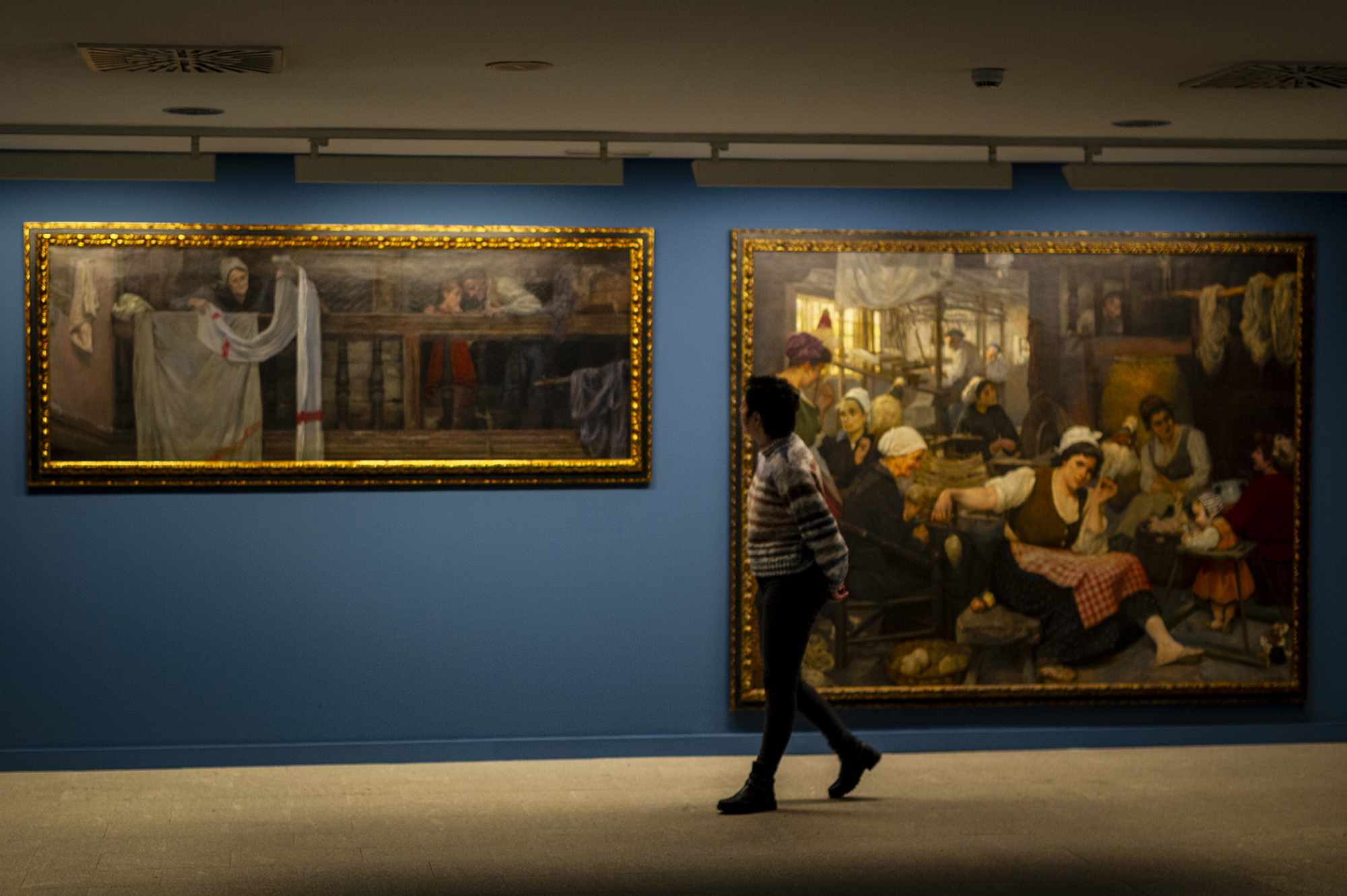The long shadow of the corralito
- Recent statements by Nobel Prize laureate Paul Krugman, in the context of Bankia’s bankruptcy, on Greece’s exit from the euro and the possibility of a corralito in the banks of the Spanish State, have raised public alarm. A banking corralito is: Can this happen in Spain?
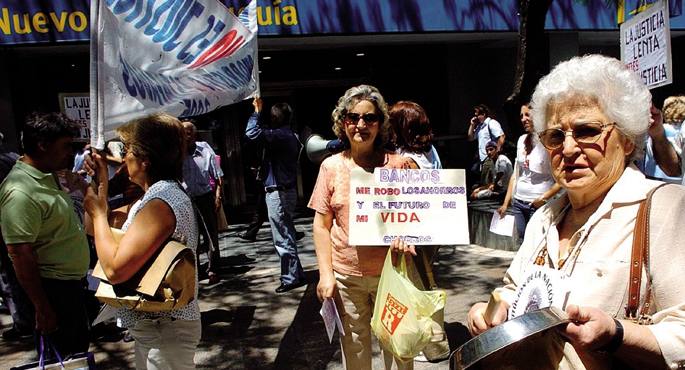
The prestigious international economist and Nobel Prize laureate for Economics Paul Krugman has carried out a serious analysis of the situation of the European economy and, in particular, of Greece and the Spanish state. This analysis takes place in the context of the serious crisis caused by the bankruptcy of Bankia, which reflects the situation of the Spanish banking and financial system. In fact, Bankia can be the tip of a dangerous iceberg. In summary, Krugman observed two very real and close possibilities: From the departure of Greece from the euro and the corralito in Spanish banks. Of course, the Spanish Government, its employees and the media spokesmen have also been technically exposed to this possibility. Some economic and financial analysts corroborate the Government ' s view that today something is not possible in the Spanish State, while others claim that it is possible, even technically.
Corralito from Argentina
That is why, without any scaremongering, we want to know very closely what the banking pamphlet means, what it means and what consequences it can have for the citizens. Talking about the corralito brings us to the memory of Argentina, where the term was born, to portray the situation that they lived in that country from December 2001. Deposits of 21,000 million pesos were retained. This measure was accompanied by exchange controls that prevented anyone – neither the person nor the company – from obtaining more than $100,000. This situation ended on 2 December 2002 with the release of deposits.
The term corralito was coined in 2001 by economic journalist Antonio Laje, when he wrote an economics column for a radio. In Argentina, a small enclosure enclosed with a net, with a tube or wood structure, is called a corralito, where it is installed so that the child can rest or play and the child will not be able to leave the place. Through this analogy, the journalist wanted to underline how the Government reduced the freedom of banking system users to escape from it. In Argentina, therefore, the reduction in the provision of free cash at certain times, in the current accounts and in savings banks was called corralito; a reduction that was established by the then Fernando de la Rua Government in December 2001. Subsequently, this term was extended to all the countries in which Spanish is spoken.
With these restrictions, it was intended to prevent money from leaving the banking system, thus avoiding the wave of banking panic and paralysing the system. According to the Minister of Economy of this Government, Domingo Cavallo, this measure was positive in order to achieve greater use of electronic means of payment, as this would prevent tax evasion and lead to the banning of the population.
Context of recession and deficit
The implementation of this package was decided in a context of economic recession and high deficit, which in 1999 reached 7,350 million pesos. The heavy burden of external debt suffocates the Argentine economy and government and accentuates the deficit. The uncertainty of the State’s suspension of payments aggravated the possibility of a “banking interest” – or the leakage of deposits – and, as a result, in March 2001, the leakage of bank deposits, especially to Uruguay, began. All this caused great social tension.
Thus, the Government issued a decree dated 3 December, which prohibited financial institutions and the general public. People were prohibited from taking more than 250 US pesos or 250 US dollars in cash each week from all accounts held by each financial institution, whether single-holder or multiple holders, together or separately. Transfers abroad were also prohibited, unless they were due to foreign trade operations, to the payment of foreign expenses, by credit or debit cards issued in the country itself, to the cancellation of financial transactions or by other means. In the latter case, the authorisation of the Central Bank of the Republic of Argentina would depend on the authorisation of the financial institution.
Paul Krugman Ekonomia Nobel saridunen hitzek lurrikara sortu dute ekonomia aditu eta finantza-analisten artean. Batzuen ustez teknikoki ez da posible eta Rajoyren Gobernuaren planteamenduak babestu dituzte. Baina beste aditu batzuek Krugmanek bezala pentsatzen dute. Gerta liteke corralito hori, eta teknikoki ere posible da.
Gaur egun Espainian ezin dela horrelakorik gertatu uste dutenek banku-corralito bat gertatzeko gordailuen ihes masiboa beharrezkoa litzatekeela jotzen dute, eurotik ateratzea eta pezetara itzultzea, eta hori gaur egun bideraezina eta gertaezina dela uste dute. Gainera, Gordailuen Berme Funtsak babesten ditu aurreztaileen gordailuak, zeinak gehienez 100.000 euro berdintzen baititu bezeroko eta kontuko.
Banku-corralito bat gerta daitekeela diotenek bere garaian Argentinan izan zen egoera parekatzen dute gaur egungo Espainiako Estatuko egoerarekin: zorduntze maila altua; langabezia handia, bai pribatua bai publikoa; Nazioarteko Diru Funtsaren (NDF) finantza-presio altua, eta interes altuak zorra dela-eta. Gainera, analista horientzat, banku-gordailuak ateratzearen uholdea eragin lezake kostu guztia bezeroaren gain jartzearen banku-filosofiak, banku-sistemarenganako konfiantza ezak –Lehman Brothers erortzearen eta Madoff eskandaluaren ondoren–, eta euroarenganako konfiantza ezak. Horrela sor liteke “banku-korritu” deritzona.











